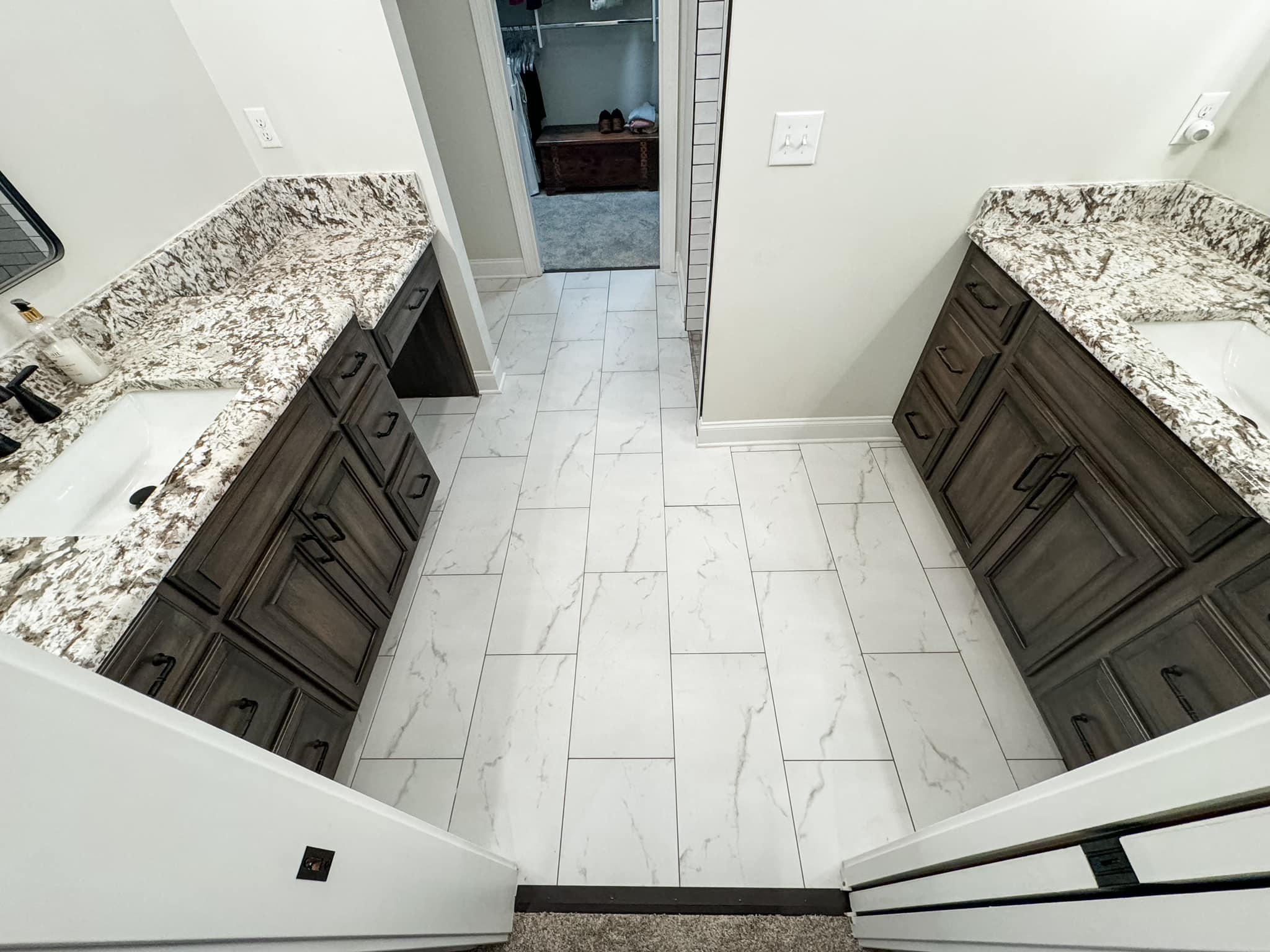
The Future of Urban Living: Innovative Approaches to High-Density Remodeling Oct 12, 2025
The global trend towards urbanization is undeniable. More people are moving to cities for opportunities and a better quality of life. However, this influx presents challenges, particularly in housing and infrastructure. High-density remodeling emerges as an effective solution, allowing cities to adapt existing structures to serve new purposes without the need for expansive new developments. Harris Construction Services understands the importance of innovative approaches, utilizing cutting-edge techniques to address these challenges.
One of the core principles of high-density remodeling is making the most out of limited space. This requires a keen understanding of design and structural integrity. Harris Construction Services employs techniques like modular construction and adaptive reuse. Modular construction involves prefabricating building sections, which can be assembled quickly on-site, reducing construction time and cost. Adaptive reuse breathes new life into old structures, repurposing them to meet contemporary needs while preserving historical value.
Sustainability is central to high-density remodeling. Innovative projects aim to minimize environmental impact by using sustainable materials and energy-efficient designs. Harris Construction Services prioritizes eco-friendly solutions, incorporating solar panels, rainwater harvesting systems, and green roofs into their projects. These innovations not only reduce the carbon footprint but also make urban living more sustainable and cost-effective for residents.
The technological advancements in construction also play a significant role. Building Information Modeling (BIM) is a powerful tool for designers and contractors, enabling them to create accurate, three-dimensional models of their projects. This technology helps in identifying potential issues before construction begins, saving time and resources. Harris Construction Services leverages BIM to enhance project efficiency, ensuring high-quality outcomes.
Another essential aspect of high-density remodeling is community integration. Projects need to be more than just structures; they should enhance the urban fabric. This means designing spaces that encourage interaction and community engagement. For example, Harris Construction Services often includes shared spaces, such as rooftop gardens, communal kitchens, and co-working areas, in their designs. These features foster a sense of community, making urban living more enjoyable and connected.
In addressing the future of urban living, it is vital to prioritize adaptability. As needs change, so too should the spaces we inhabit. High-density remodeling allows for this flexibility, accommodating shifts in demographics and work habits. For instance, with the rise of remote work, living spaces may need to adapt to include home office areas. Harris Construction Services understands these trends, creating versatile spaces that meet current and potential future needs.
In conclusion, the future of urban living relies heavily on innovative approaches to high-density remodeling. By embracing techniques such as modular construction, sustainable design, and technological advancements, Harris Construction Services is well-positioned to lead this transformation. As cities continue to grow, the importance of adapting existing infrastructures to be both efficient and sustainable cannot be overstated. High-density remodeling not only makes urban living more viable but also creates vibrant, resilient communities. As we move forward, these efforts will shape the cities of tomorrow, ensuring they remain livable and dynamic for generations to come.
/filters:no_upscale()/filters:format(webp)/media/7add6241-2056-40c2-ba8b-a7ff5155a3f2.jpg)